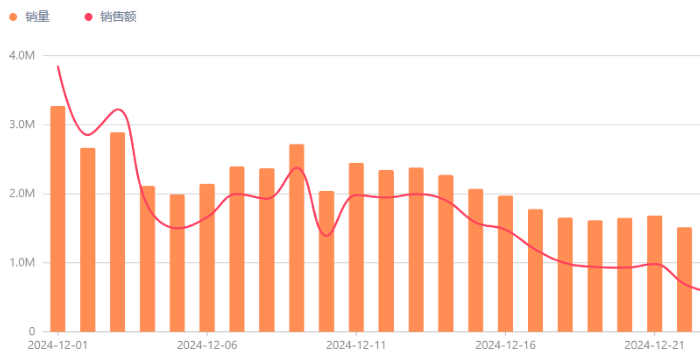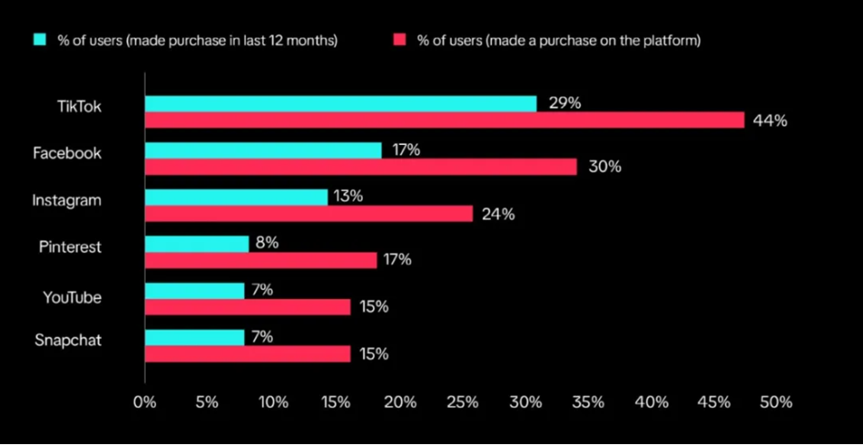
WASHINGTON – Nearly a month after the House quickly pushed through a bill that could effectively ban TikTok in the United States, Senate Minority Leader Mitch McConnell, R-Ky., is rallying his chamber to take up the effort targeting the popular app.
During a speech on the Senate floor Monday morning, McConnell argued that the Chinese government is manipulating and surveilling Americans through the platform – a matter "that deserves Congress' urgent attention."
"All sorts of social media platforms can be fountains of disinformation and propaganda," McConnell said. "But with TikTok, we’re not talking about meddling or hijacking an American platform. In this case, PRC (People's Republic of China) influence and control has been baked in from the beginning."
Here's what you need to know about the legislation senators are currently considering – and where it goes next.
Is the TikTok bill moving forward?
McConnell's speech amps up pressure on Senate Majority Leader Chuck Schumer, D-N.Y., to stake out a position on the controversial bill, which has drawn fierce, immediate backlash from many of the platform's 170 million American users.
Prep for the polls: See who is running for president and compare where they stand on key issues in our Voter Guide
Some younger Democrats have argued the legislation could be a political misstep in an election year where candidates on the left are relying heavily on young voters.
The House's bill would require TikTok's Chinese parent company, ByteDance, to sell the social media app or be practically banned. App stores and web hosting companies would be barred from offering the app for new downloads or updating it on users' phones.
But while the House pushed a TikTok-related bill out of committee and quickly approved it in a sweeping, bipartisan vote, the process is moving slowly in the Senate.
Schumer has so far been non-committal about a path forward for the TikTok legislation, saying instead that he is considering the legislation alongside the chairs of relevant committees. Legislation often moves at a more measured pace through Senate committees, facing delays before actually being taken up for a vote.


















